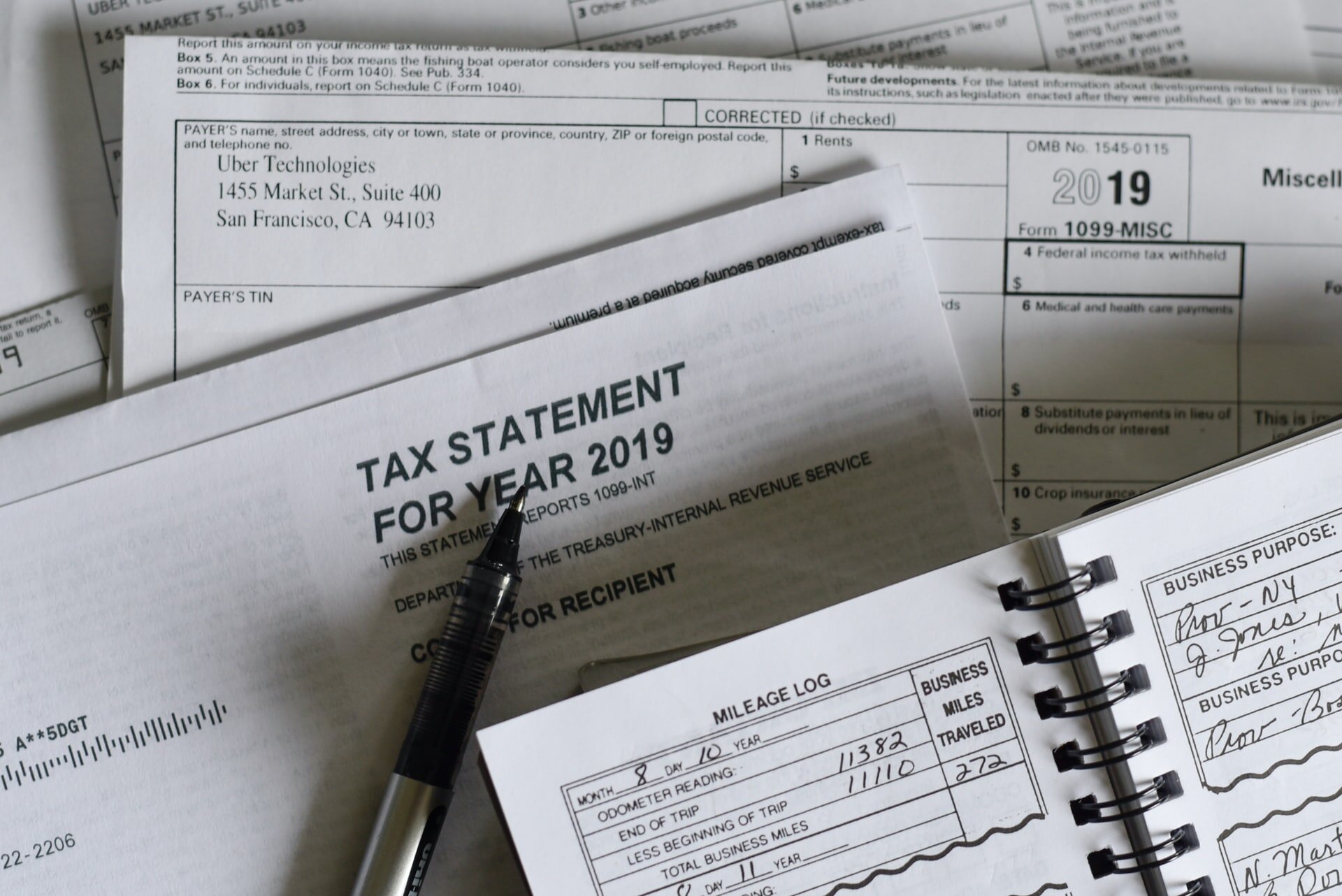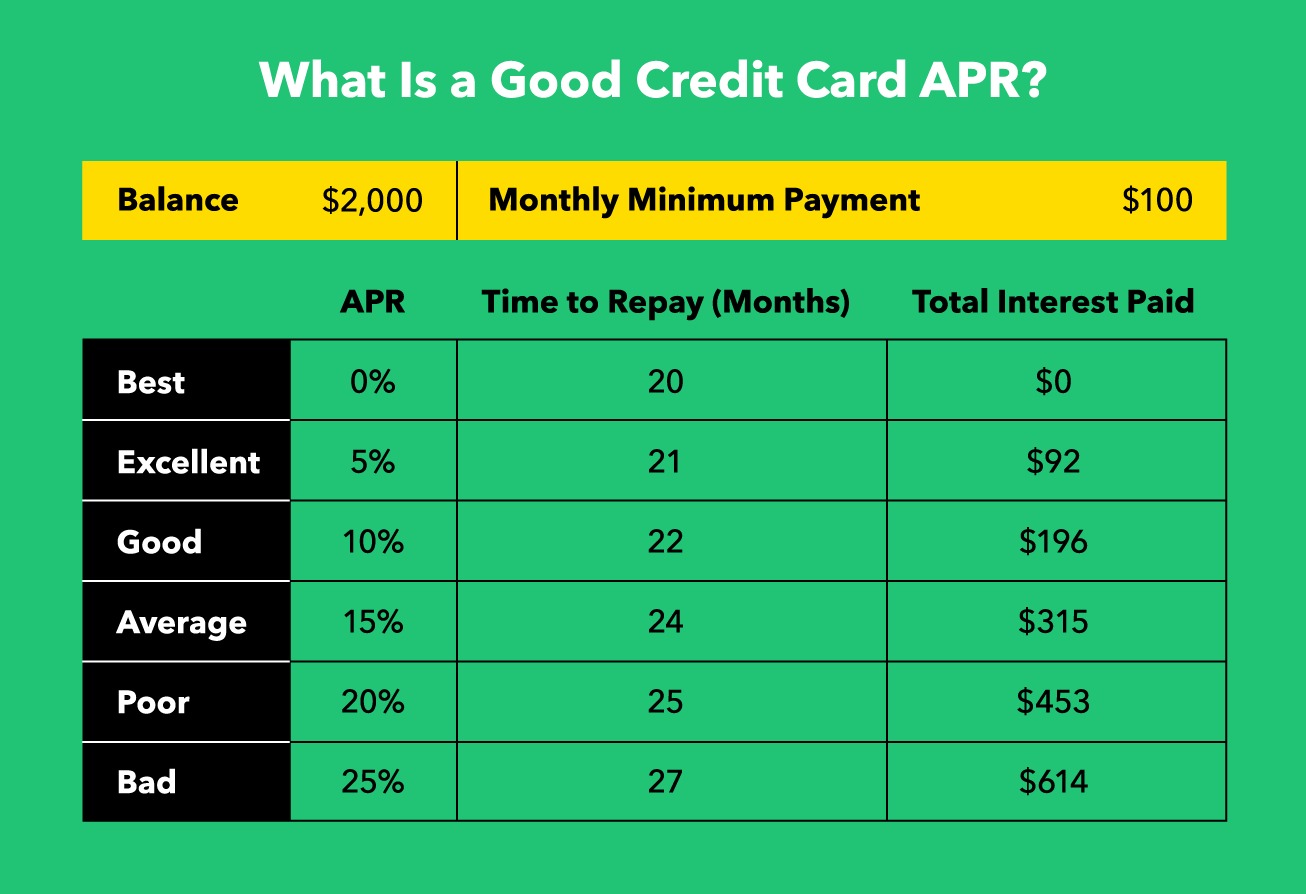Home>Finance>Provisional Notice Of Cancellation (PNOC) Definition


Finance
Provisional Notice Of Cancellation (PNOC) Definition
Published: January 13, 2024
Learn about the definition of Provisional Notice Of Cancellation (PNOC) in the context of finance and understand its implications.
(Many of the links in this article redirect to a specific reviewed product. Your purchase of these products through affiliate links helps to generate commission for LiveWell, at no extra cost. Learn more)
What is a Provisional Notice of Cancellation (PNOC)? Understanding the Basics
Finance is a vast field that encompasses a range of complex concepts and terminologies. If you’re new to the world of finance or seeking to deepen your knowledge, you may come across terms like Provisional Notice of Cancellation (PNOC). But what exactly is a PNOC, and why is it important?
In simple terms, a Provisional Notice of Cancellation (PNOC) is a formal communication that warns an individual or entity about a potential cancellation of a financial agreement or contract. This notice is typically sent by a lender or service provider to the borrower or customer when certain conditions or requirements are not met.
Key Takeaways:
- A Provisional Notice of Cancellation (PNOC) is a formal communication indicating a possible cancellation of a financial agreement or contract.
- This notice is typically sent by a lender or service provider to the borrower or customer when specific conditions are not fulfilled.
Why is a Provisional Notice of Cancellation Issued?
Now, you might wonder, why would a PNOC be issued? There could be various reasons, and it largely depends on the nature of the agreement or contract. Here are a few common circumstances where a Provisional Notice of Cancellation may be issued:
- Failure to make timely payments: If a borrower fails to make payments on time, such as missing multiple installments, the lender may send a PNOC warning of potential cancellation.
- Breach of contract terms: When the terms and conditions specified in the agreement are violated, such as exceeding credit limits or engaging in prohibited activities, a PNOC can be issued as a consequence.
- Non-compliance with regulatory requirements: Certain financial agreements are subject to specific regulatory requirements. If these requirements are not fulfilled by the borrower or customer, the lender or service provider may send a PNOC.
- Failure to provide necessary documentation: In some cases, borrowers or customers are required to provide supporting documentation within a specified timeframe. If they fail to submit the required documents, a PNOC may be issued.
Responding to a PNOC
If you receive a Provisional Notice of Cancellation, it’s crucial to take prompt action. Ignoring or disregarding the notice can result in the termination of the agreement or contract. Here are a few steps you can take in response to a PNOC:
- Review the notice: Carefully read and understand the content of the PNOC. Ensure you comprehend the reason for the notice and the required actions to prevent cancellation.
- Contact the lender or service provider: Reach out to the sender of the PNOC to discuss the situation and explore potential solutions. Communicating openly and transparently can often lead to finding resolutions.
- Take necessary action: If the PNOC highlights specific conditions or requirements that need to be met, take action accordingly. This could involve making outstanding payments, rectifying contract violations, or submitting requested documentation.
- Seek professional advice: If you’re unsure about how to proceed or if you believe the PNOC has been issued in error, consider consulting a financial advisor or legal professional who can provide guidance based on your specific circumstances.
Remember, a Provisional Notice of Cancellation serves as a warning but not an immediate termination. By understanding the reason behind the PNOC and taking appropriate action, you can potentially resolve the situation and maintain the financial agreement or contract.
Finance can be complex, and it’s essential to familiarize yourself with the various terms and concepts within the industry. By expanding your financial knowledge, you empower yourself to make informed decisions and navigate the world of finance with confidence.














